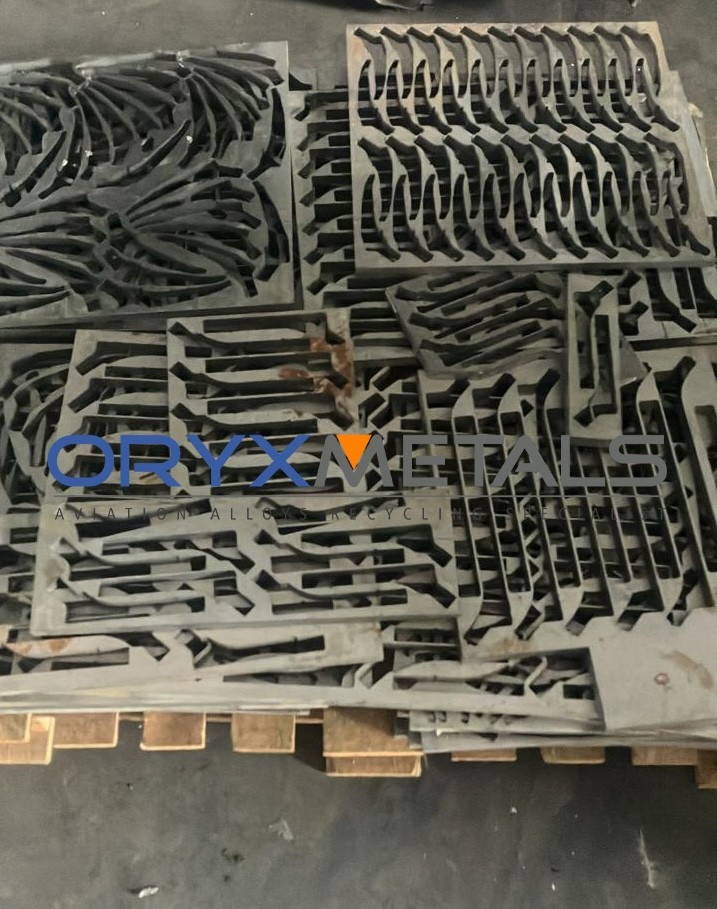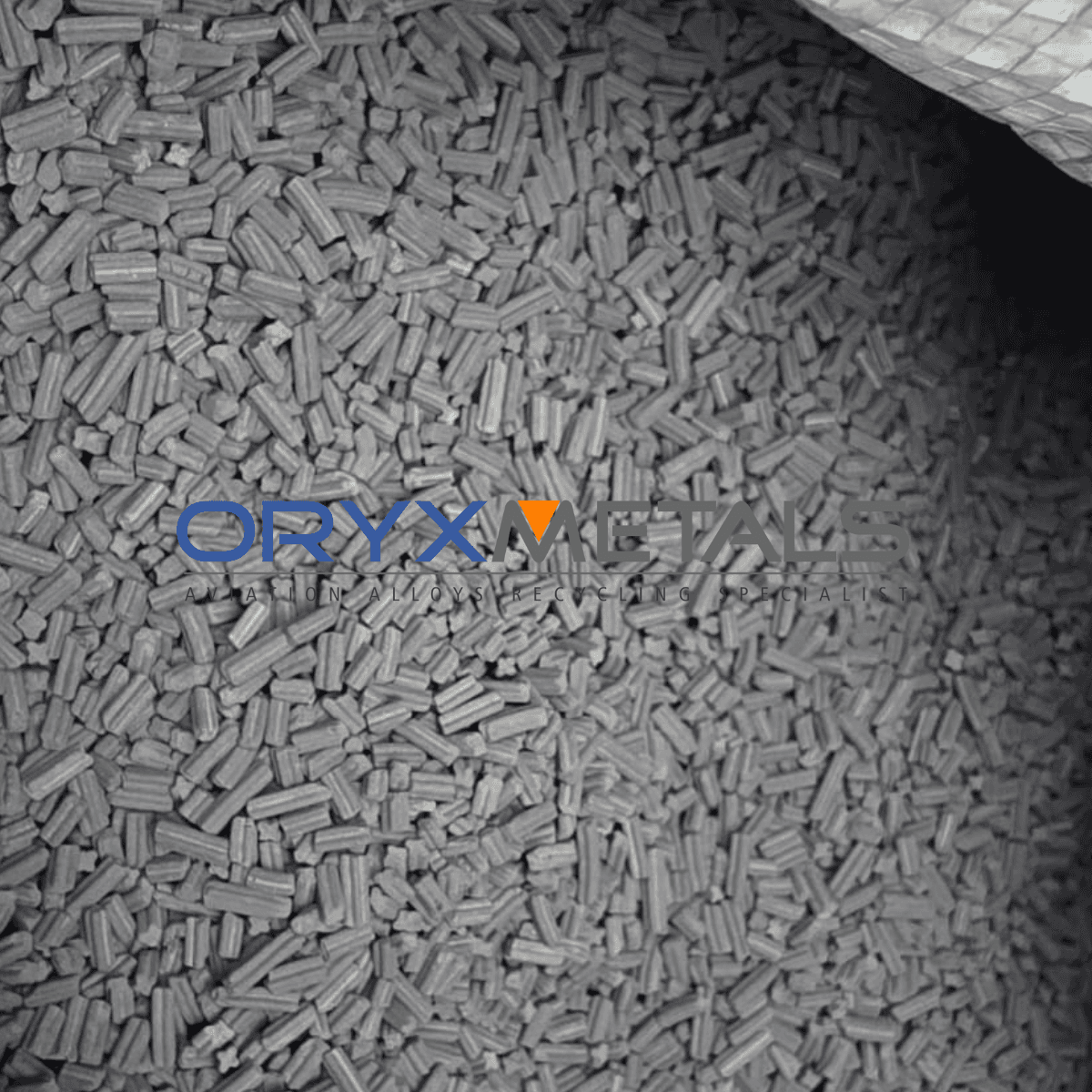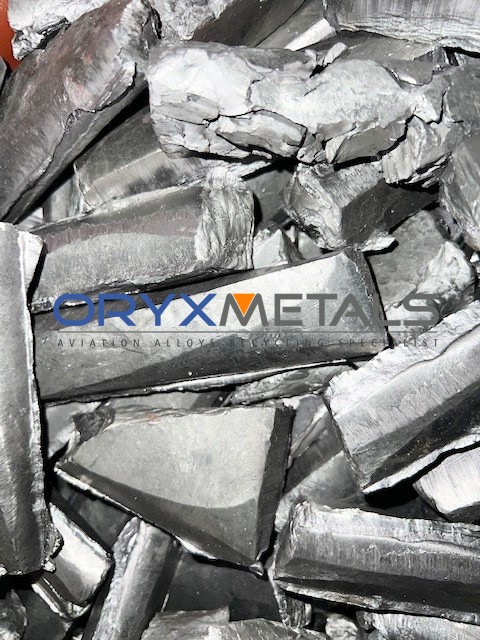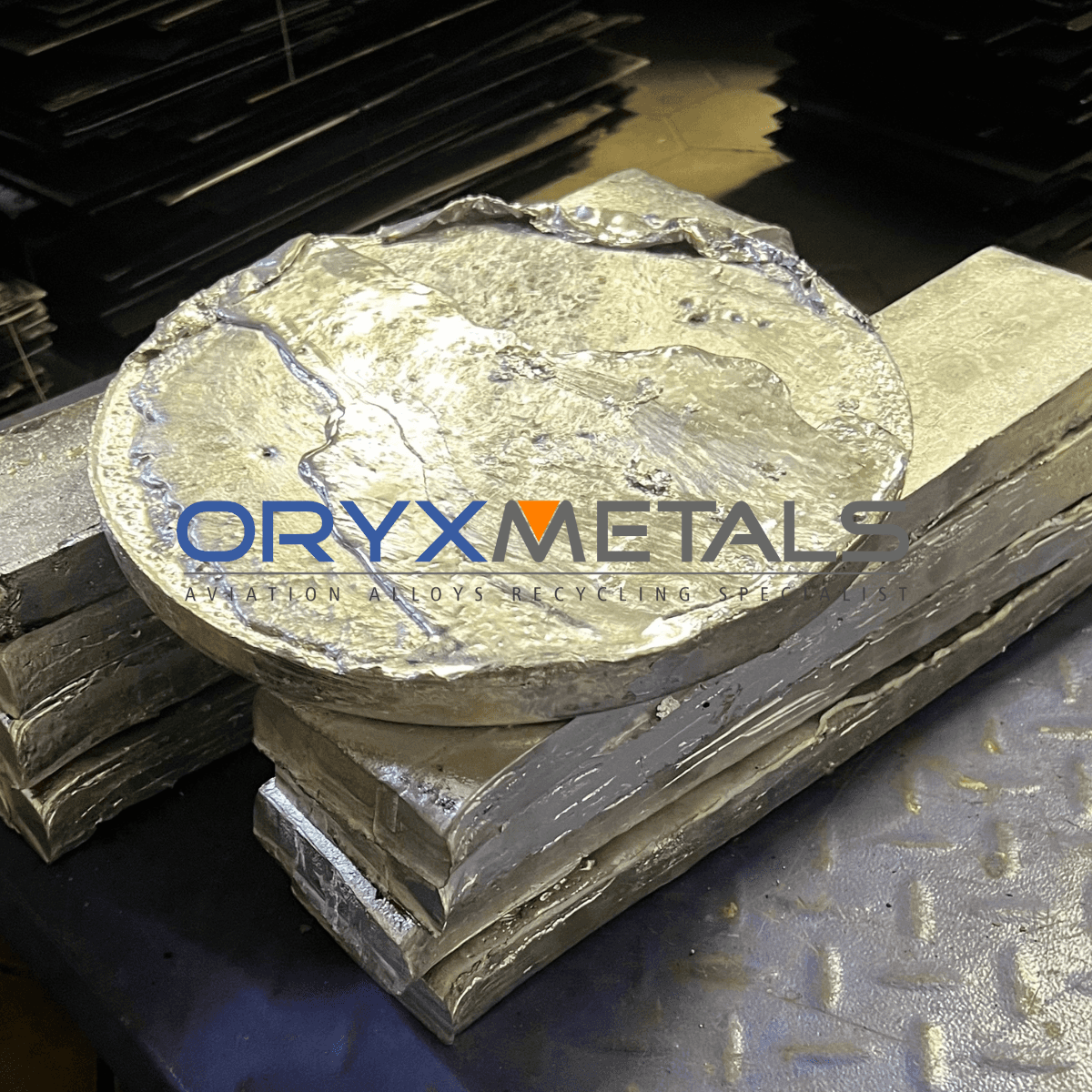
Jeremy Tew
Titanium Recycling: Fueling Sustainability in the Aerospace Industry and Beyond
In the ever-evolving landscape of modern industries, sustainability and environmental stewardship have become paramount concerns. Among the various materials that drive technological advancements, titanium stands out as a critical resource with immense potential for recycling and its associated benefits.
Titanium, a remarkable metal celebrated for its exceptional strength-to-weight ratio, corrosion resistance, and thermal stability, has found widespread applications across diverse sectors. However, the aerospace industry has emerged as a major consumer of this versatile material, utilizing it extensively in aircraft components, engines, and structural elements.
As the demand for air travel continues to soar, the aerospace sector's reliance on titanium is expected to grow exponentially. This heightened demand underscores the urgent need for embracing titanium recycling, a practice that offers multifaceted advantages for both the industry and the environment:
Prolonged Material Availability: Recycling titanium helps to extend the availability of this finite resource, ensuring a stable supply for the aerospace industry's future endeavors. By reducing the reliance on virgin sources, recycling contributes to the longevity of titanium reserves.
Minimized Carbon Footprint: The energy-intensive processes involved in extracting and refining titanium from its ores contribute significantly to greenhouse gas emissions. Recycling titanium requires far less energy, thereby minimizing the industry's carbon footprint and aligning with global efforts to combat climate change.
Reduced Waste and Landfill Burden: Titanium is a durable and long-lasting material, making it a prime candidate for recycling. By diverting titanium from landfills and recycling it, the aerospace industry can significantly reduce the amount of waste generated and promote a more sustainable approach to material management.
Cost-effectiveness and Competitive Advantage: Recycling titanium can provide cost savings for the aerospace industry by reducing the need for expensive virgin material. This cost-effectiveness can translate into a competitive advantage, enabling companies to allocate resources more efficiently while maintaining high-quality standards.
Improved Material Efficiency: Recycled titanium often retains its valuable properties, making it an attractive and cost-effective alternative to newly mined material. This efficient use of resources helps to reduce waste and promotes a more sustainable approach to material management within the aerospace sector.
Lightweight and Durable Components: The aerospace industry's pursuit of lighter and more fuel-efficient aircraft designs aligns seamlessly with the properties of recycled titanium. By incorporating recycled titanium into aircraft components, manufacturers can achieve weight savings without compromising strength or durability.
As the global community strives to achieve the United Nations' Sustainable Development Goals, titanium recycling emerges as a powerful tool for the aerospace industry and beyond, supporting responsible consumption and production patterns. By embracing this practice, the aerospace sector can contribute to a greener and more resilient future, where the finite resources of our planet are respected and utilized in a responsible manner.
Titanium recycling is not just an environmental imperative; it is a strategic investment in the long-term sustainability of the aerospace industry and our collective well-being. By recognizing the transformative power of this practice, we can pave the way for a more sustainable and prosperous world, where the needs of the present are met without compromising the ability of future generations to meet their own needs.
Contact
To obtain pricing for your Titanium recyclable scrap materials please contact our Commercial Team at:
Purchasing Click Here To Email







